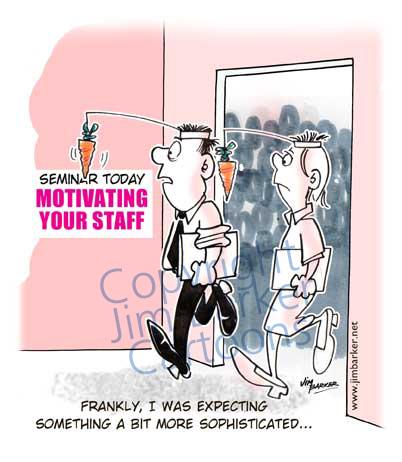
As I wrote yesterday, I have many more project ideas than I have time for. So, if you don't want to do any of those I mentioned yesterday, how about one of these?
- A private elementary school for high-ability kids or a chain of them. No Child Left Behind and other public school programs driven more by politics than pedagogy are denying bright kids their right to an appropriate education, curtailing their ability to live up to their potential.
- A career counselor who does the job searching for clients. This person would cold-call and answer want ads on behalf of clients, so all the client would have to do was show up at the interview.
- Create Utopia College, an undergraduate college whose sole mission was to help undergraduates grow in important ways and to land good employment after graduation.
- Advocate for men. On behalf of the National Organization for Men, continually send op-eds and letters to the editors of the major media. Offer to appear on major TV shows, perhaps having debates on such propositions as: Who has it better: men or women?
- Intelligent Choice: A high-school or college course helping young women to realize that the choice of their child's father has a profound effect on both their child and themselves.
- A parenting education course: Taught in high schools, colleges, as part of LaMaze classes, or in maternity ward hospital rooms, this course, based on the critical incidents in parenting ,would help ensure that, from day one, parents had the skills to raise their children well.
- A financial literacy course: Taught in high schools or colleges, this would teach students how to get good deals, avoid getting ripped off, manage checkbooks and credit, and invest wisely (The word "Vanguard" would appear prominently.)
- An entrepreneurship course: This, unlike courses commonly taught in universities, would not focus on building scalable large innovations, which are too risky for the average self-employment aspirant. This course would focus on replicating low-investment, proven successful businesses as well as the art of unearthing out new, practical ideas and how to bring them to fruition.
- Champion three-week-long, publicly funded elections. That would encourage good candidates to run and ensure they weren't in special interests' hip pockets. To help ensure an informed electorate, voter information pamphlets and websites would include the candidates' voting record and position on key issues.
































